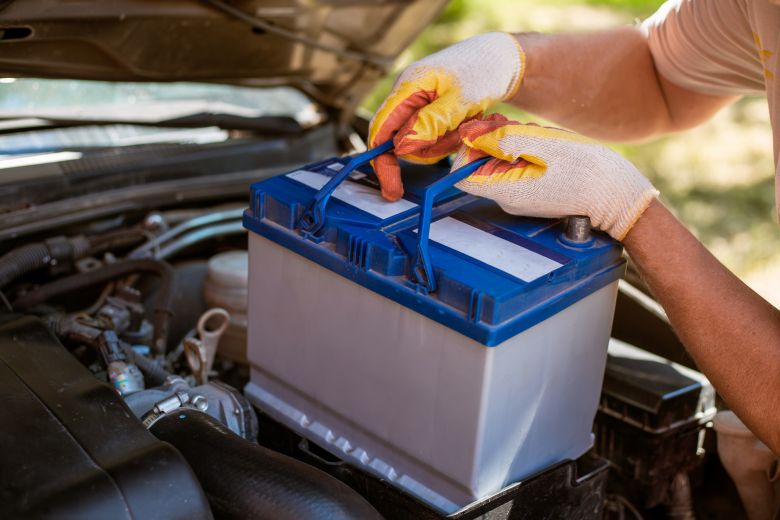Typically, the first working day after the festive break is one of the busiest of the year for RAC breakdown patrols, due to thousands of cars being left idle over the holidays.
Coupled with cold, damp weather, this period of inactivity drains car batteries and leaves thousands at risk of a non-start on the first day back to work.
Battery issues are the number-one reason for calling out RAC patrols all year round, but the breakdown and driving services company expects to attend a record 12,000 breakdowns on Tuesday 2 January 2024.
Based on data from previous years, it estimates that three-in-10 (28%) of these will be due to flat batteries.
RAC Breakdown spokesperson Alice Simpson said: “Going back to work after a good Christmas break is bad enough, so the last thing any driver wants is a car that won’t start.
“Fortunately, the ‘flat battery blues’ are very easy to prevent ahead of 2 January. We suggest drivers don’t leave their cars sitting completely idle over the holiday period and instead try to use them regularly. Any car that’s currently reluctant to start is a sign of weak battery, meaning it’s more at risk of failing at the start of the new year. And while no one wants to think about work any earlier than necessary, families with two or more vehicles should at least check their cars start on New Year’s Day if they’re planning to use both on 2 January.
“A combination of colder weather putting more strain on vehicle batteries and the greater demand on lights, heated windscreens and wipers is a recipe for a flat battery in the winter. The starter motor also has to work harder to turn over the engine on chilly mornings, increasing the demand on the battery.
“Drivers of electric vehicles need to take note too – like their petrol and diesel counterparts, most EVs still have 12-volt batteries meaning non-starts can be just as much of a problem if they’re not used over an extended period. It’s also important to keep them well-charged as it’s not good to leave high-voltage batteries below 20% in cold conditions.”
The RAC believes much of the flat battery blues can be avoided if drivers follow these top tips to ensure a smooth return to work:
- Park your vehicle in a garage whenever possible
- Ensure everything is switched off when you finish your journey including lights, heater, fan, heated rear windscreen and radio. Separate sat-navs and other devices can also drain the battery if left connected – every volt is precious first thing in the morning
- Check the battery connections, ensuring that they are tight and free from any corrosion. And, don’t forget that battery acid is highly corrosive to skin and paintwork
- It’s worth getting your battery tested, particularly if it is over four years old
- Take your vehicle for a decent drive before you really need it to get your battery well charged, and get the engine to its proper operating temperature. Don’t just check that it starts as this is likely to drain the battery more
- If you have a fully electric vehicle, it’s important to remember these also rely on 12-volt batteries to start, so it’s advisable to drive them occasionally to keep the battery well charged. In addition, the high-voltage battery should not be left for extended periods below a 20% state-of-charge, particularly in cold weather as this could harm its health
- If your battery does need replacing, visit the RAC online shop – racshop.co.uk/car-battery to find out which battery you need or call us on 0333 2000 999.

Cheaper than AA or we’ll beat by 20%^
• Roadside cover from £5.49 a month*
• We get to most breakdowns in 60 mins or less
• Our patrols fix 4/5 breakdowns on the spot










